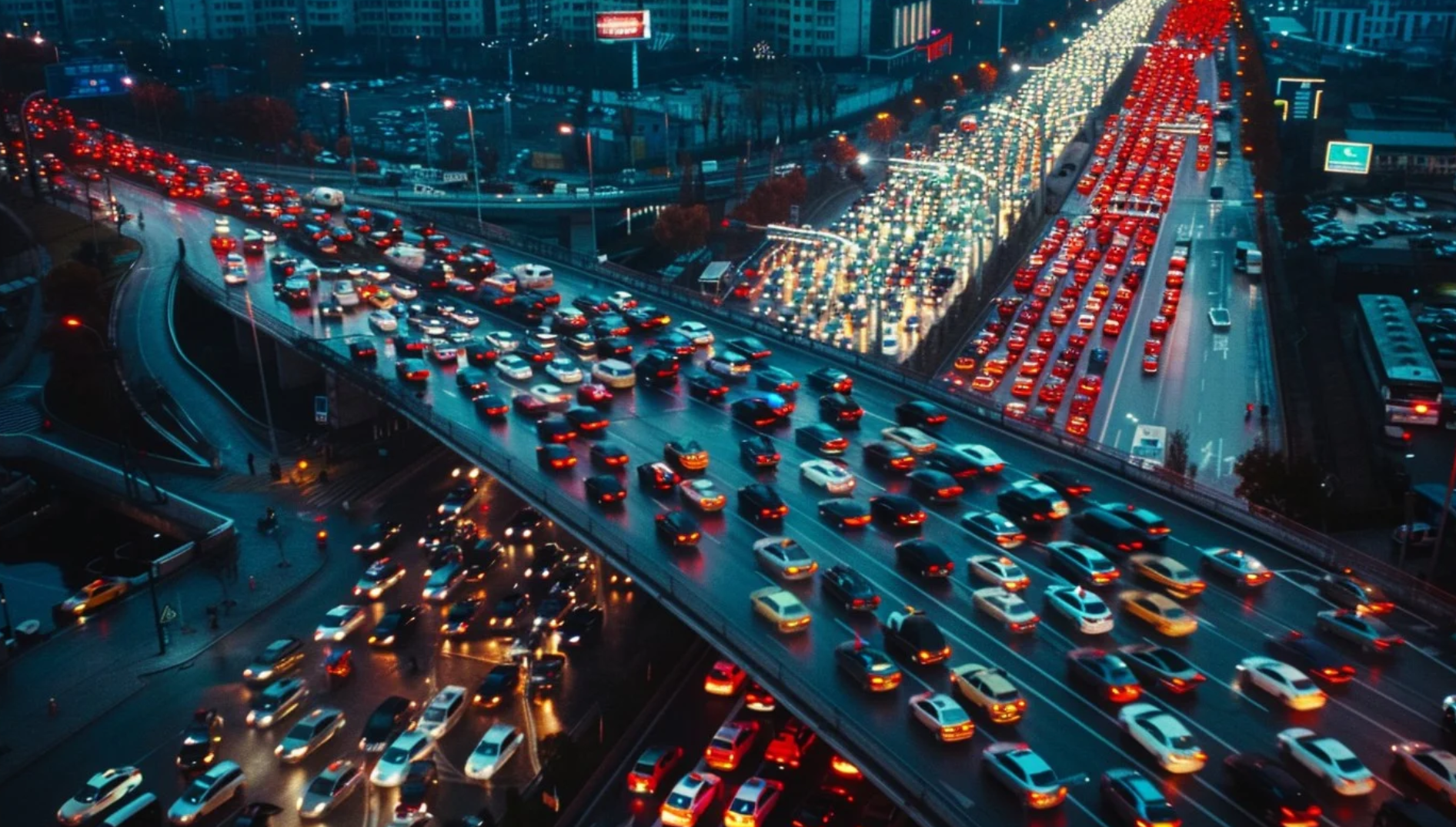Decades of research prove that highways tear apart the physical fabric of our cities, segregating neighborhoods by race and income and making it harder for anyone outside a car to access the jobs and services they rely on.
But what impact do highways have on the invisible social fabric of our places — and does the internet provide a bridge between these disconnected communities, or only a digital mirror of the sharp divides that highways draw between our neighborhoods?
Today on the Brake, we’re talking to IT University of Copenhagen data science researcher Luca Maria Aiello, who found a fascinating way to quantify exactly how much downtown highways disconnect our social networks, in addition to our sidewalk, bike lane and transit networks.
And along the way, we discuss what those divisions cost us in social mobility, democratic cohesion, and real dollars and cents. It's must-hear radio:
The following excerpt has been edited for clarity and length.
Streetsblog: In your words, why is social connectivity as important as things like level of service, or other metrics that we obsess over in the American transportation landscape?
Aiello: Social ties ultimately are connected very strongly to economic opportunities. This is something that sociologists have shown multiple studies in the past century. With the emergence of the web, it's been shown repeatedly and quantitatively by large-scale studies.
Having a diverse network of support and a diverse network of connections with which you can exchange new knowledge is exactly the key for people to climb the social ladder, to find new jobs, and to be resilient in the cases of disruptions like COVID. So the social network that people have is directly and very strongly connected with the opportunity a person has in life.
Now, one of the dominant narratives that has been around for many, many years is that fast, personal car based transportation allows us to move around very quickly, and therefore reach more places in a city — potentially augmenting or enhancing our ability to access to opportunities. But the other side of the coin here is that car based infrastructure also steals a lot of space from our cities and urban centers — the amount of space dedicated to parked cars and large streets is immense. [And then there's] the pollution problem we're all familiar with.
But now, [with this study], we can quantitatively also show that, yes: cars might facilitate me moving around relatively quickly between point A and B, but at the cost of actually decreasing by a lot opportunities for local connectivity. That means decreasing the likelihood of forming a network of support in a neighborhood, which in turn impacts my ability of adapting to, for example, economic crisis, because I have less support locally.
So I think one very strong message to be repeated very loudly here is that directly optimizing for economic outcomes [like the estimated "time savings" when we expand highways] leaves out a perspective that allows these economic outcomes to be reached by a larger population. These populations are actually penalized by design choices — in this case, urban design choices that basically take away the basic opportunities for social connectivity that are the first step for the most disadvantaged parts of the population to actually gain those economic advantages.






